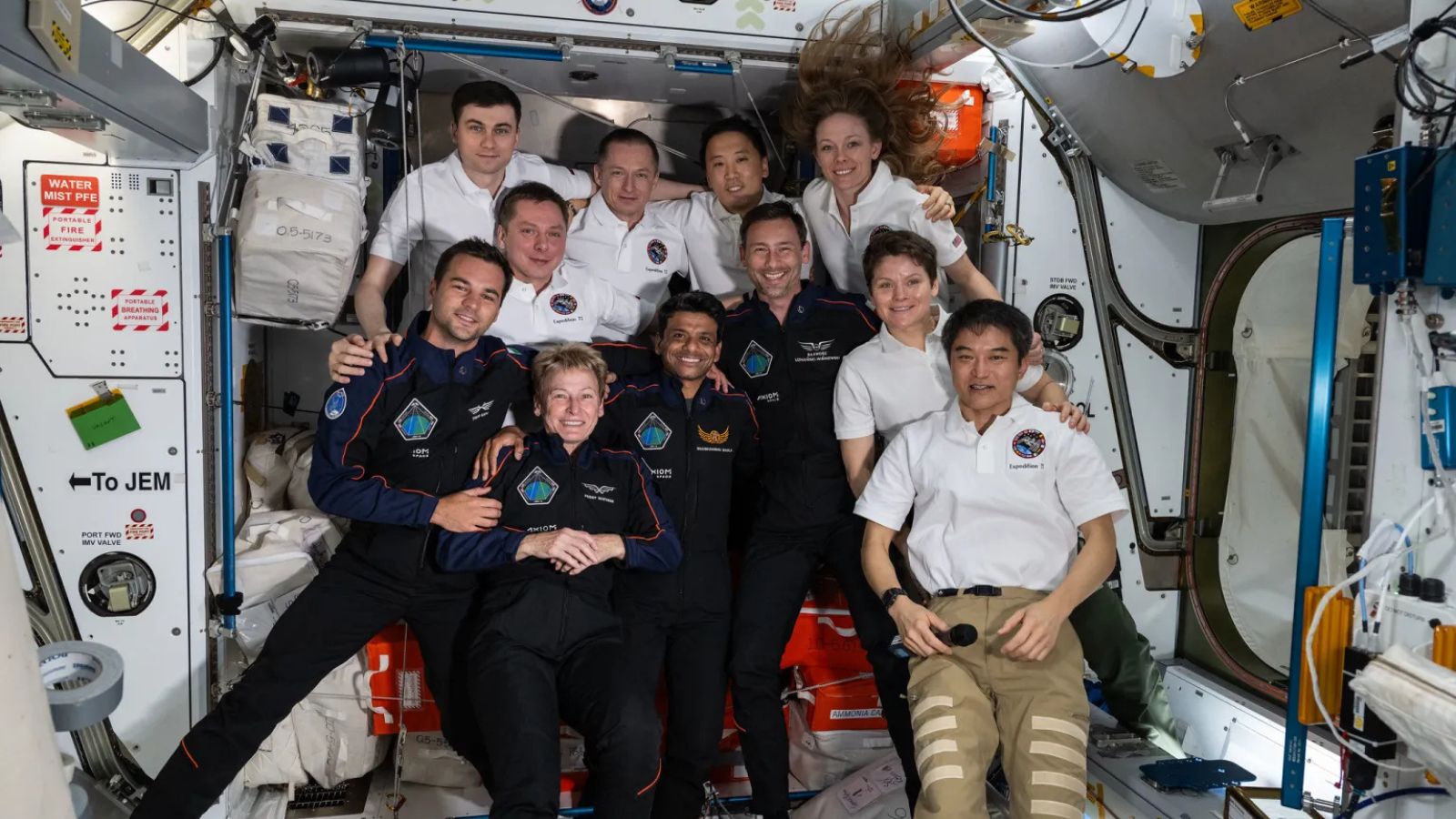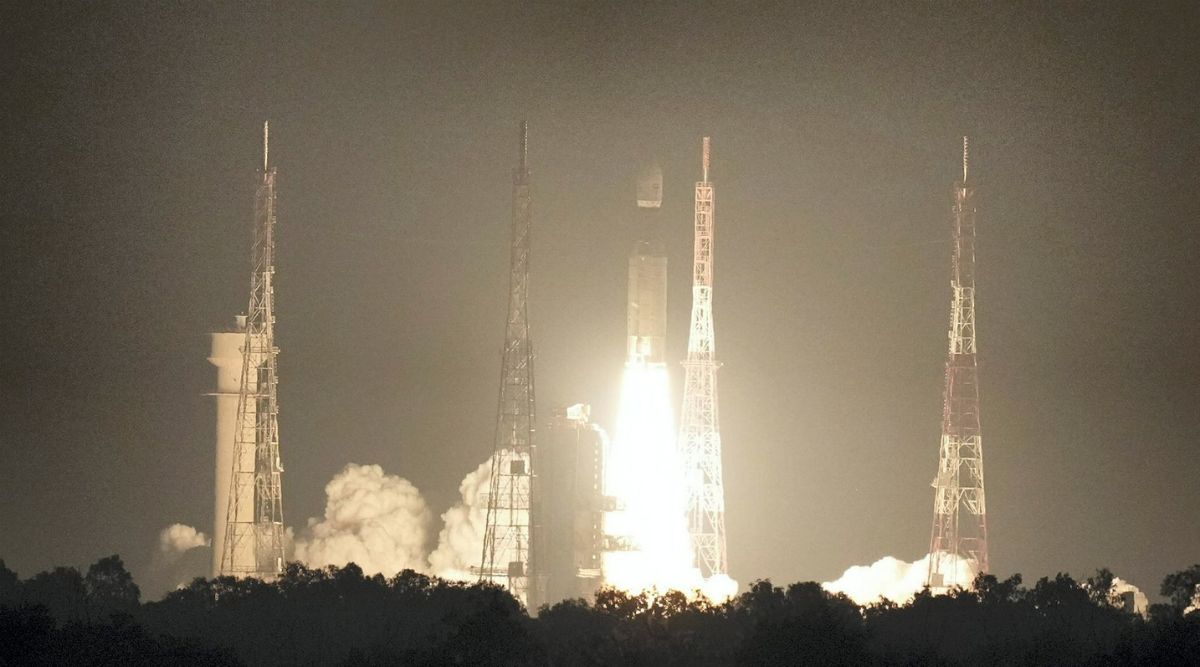After spending around two weeks at International Space Station (ISS), Axiom Mission 4 astronaut crew including Indian astronaut Shubhanshu Shukla are set to return to Earth on Monday (July 14).
NASA is set to provide live coverage of their departure from the orbital lab. The SpaceX Dragon spacecraft, carrying the four-member crew, is scheduled to undock from the station’s Harmony module at approximately 7.05 am EDT (4.35 pm IST).
The return journey will conclude with a splashdown off the coast of California, United States.
Here are details of when and where to watch the live coverage
According to NASA, broadcast coverage will begin at 4.30 am EDT (2.00 pm IST) on NASA+.
This will be followed by the undocking coverage starting at 6.45 am EDT (4.15 pm IST) on NASA+, as well as Axiom Space and SpaceX platforms.
After the undocking, Axiom Space will independently continue coverage of the Dragon spacecraft’s re-entry and splashdown via its own channels.
To note: The coverage is subject to change based on real-time operations.
Story continues below this ad
Who’s aboard the mission?
- The Ax-4 mission is commanded by Peggy Whitson, a former NASA astronaut and current director of human spaceflight at Axiom Space.
- Whitson is joined by Shubhanshu Shukla, India’s first astronaut to the ISS from ISRO (Indian Space Research Organisation).
- Sławosz Uznański-Wiśniewski, project astronaut from Poland representing ESA (European Space Agency).
- Tibor Kapu, a HUNOR astronaut from Hungary.
The returning Dragon capsule will bring back more than 580 pounds of cargo, including NASA hardware and data from over 60 experiments conducted during the mission.
What success of Axiom-4 mission will help NASA achieve
Axiom Mission 4 is part of NASA’s broader strategy to build a robust low Earth orbit economy. By enabling commercial missions like these, NASA aims to purchase services from private partners while shifting its own focus to deep space exploration under the Artemis programme.
This approach is designed to provide reliable services at reduced costs and maintain the ISS as a vital platform for science and astronaut training.
According to NASA, the collaboration involved five joint scientific investigations and two STEM outreach initiatives between NASA and ISRO. Additionally, Ax-4 marked a milestone for European representation, with Poland and Hungary sending astronauts to stay aboard the ISS for the first time.
(With inputs from NASA’s official website)
© IE Online Media Services Pvt Ltd







